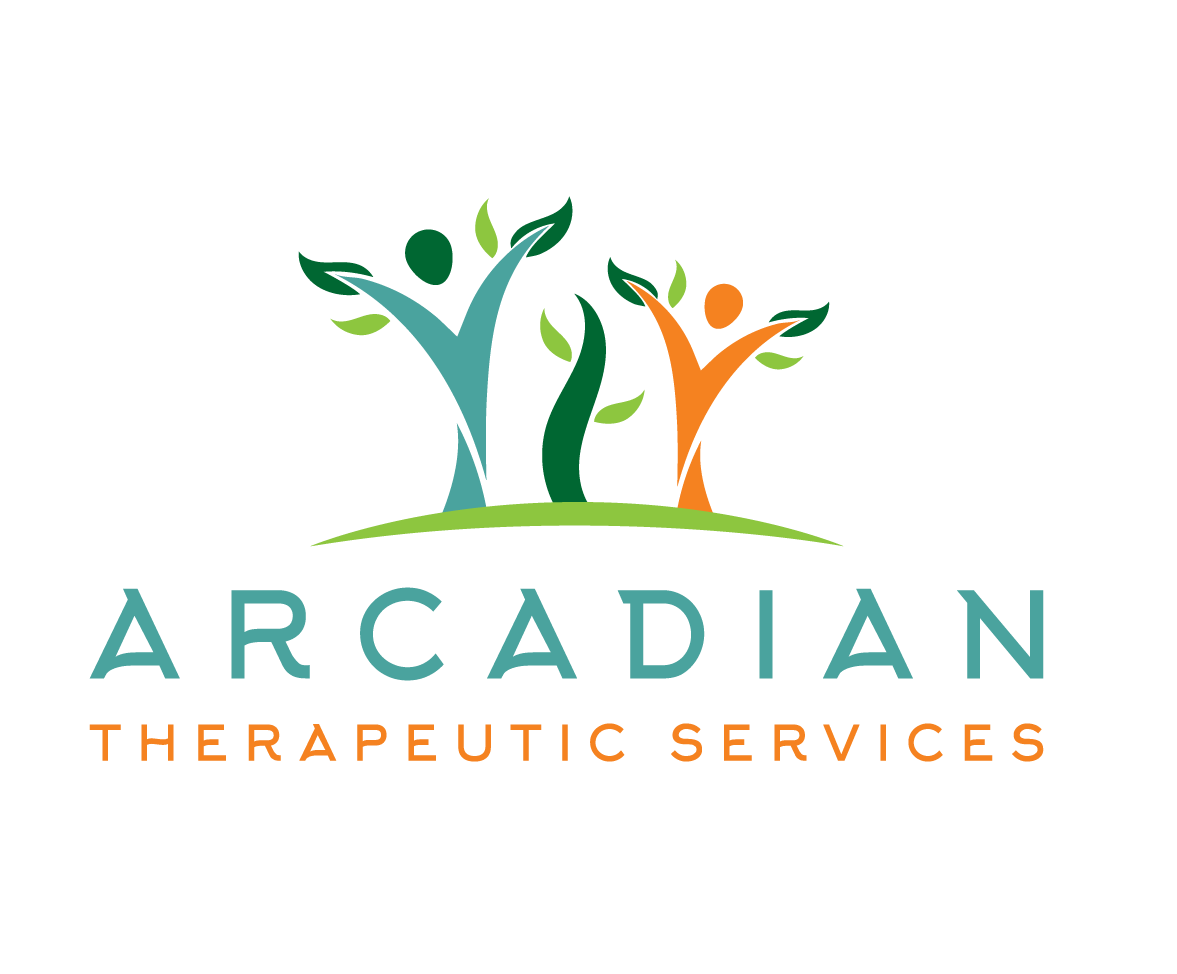It’s PTSD Awareness Month
June is PTSD Awareness Month, a time to shed light on the challenges individuals living with post-traumatic stress disorder face. Let's unite to raise awareness, foster understanding, and support those affected by PTSD.
Educational Videos:
This video provides a comprehensive overview of PTSD, including its causes, symptoms, and available treatments.
In this educational video, Khan Academy breaks down the science behind PTSD and explains how traumatic events can affect the brain and lead to the development of PTSD. It also discusses common symptoms and treatment approaches.
Post-Traumatic Stress Disorder (PTSD) by Kati Morton
Kati Morton, a licensed therapist, offers an insightful and compassionate explanation of PTSD. She discusses the diagnostic criteria and different types of trauma and provides practical tips for managing symptoms and seeking professional help.
Understanding PTSD's Effects on Brain, Body, and Emotions by Dr. Janet Seahorn in TEDx Talks
In this TEDx Talk, speaker Janet Seahorn, Ph.D., discusses how PTSD disrupts the lives of average individuals as well as combat veterans who have served their country.
Return from Chaos: Treating PTSD by Peter Tuerk via TEDx Charleston
Peter Tuerk, the director of a VA PTSD program, introduces how we process experiences and trauma. This video explores the healing and recovery process from PTSD. It provides valuable insights into therapeutic modalities, self-care strategies, and lifestyle changes that can aid healing.
Military Veterans and PTSD by UCLA Health
This video sheds light on the unique challenges faced by military veterans living with PTSD. It features interviews with veterans sharing their experiences and highlights the importance of raising awareness, destigmatizing mental health, and supporting veterans.
Healing Invisible Wounds Featuring Burke Garrett
Nearly seven percent of American adults will likely experience PTSD during their lifetimes, but it took hundreds of years, and the dawn of industrial-scale warfare, for society to recognize the deleterious physical and mental effects of experiencing, witnessing, or becoming aware of traumatic events. Retired U.S. Army lieutenant general Burke Garrett shares an informal conversation about healing the invisible wounds of PTSD.
